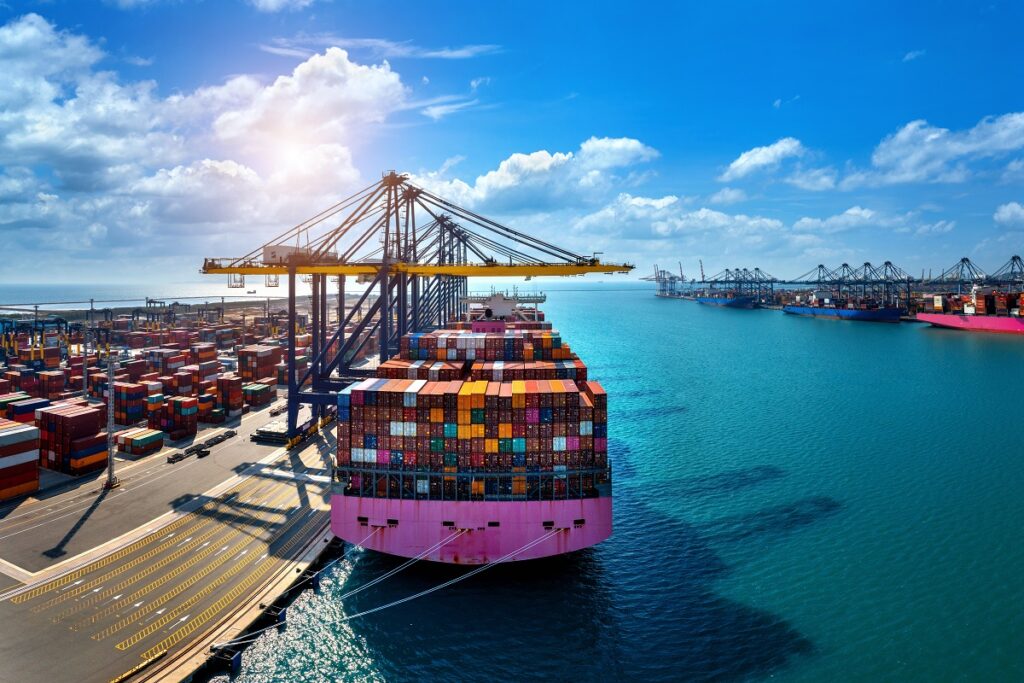Global trade is undergoing a transformation. While it continues to expand at a rapid pace, the more significant shift is its rapid evolution to cater to a new generation of consumers who demand personalized products and tailor-made services. For large-scale retailers, meeting these demands necessitates a comprehensive overhaul of their supply chain systems. In the logistics sector as a whole, substantial changes are on the horizon, propelled by emerging technologies and innovative concepts.
This industry is already positioned at the forefront of innovation. According to the McKinsey Global Institute, the transportation and warehousing sector boasts the third-highest potential for automation among all industries. Additionally, as per PWC, no other industry places as much emphasis on data and analytics in the next five years as transportation and logistics, with 90% of industry experts highlighting its significance, compared to an average of 83%.
Here are five fundamental technologies and trends that will leave their mark on trade and logistics in the 2020s:
Hyper-Personalization:
The rise of e-commerce is reshaping consumer expectations, demanding goods to be delivered directly, quickly, and affordably. Retailers and wholesalers must adapt with shorter lead times and advanced supply chain sophistication, relying heavily on Internet of Things (IoT) capabilities.
New Cargo Technologies:
Autonomous transport, including self-driving trucks and drones, is set to revolutionize supply chains. Investments from tech giants like Google and Tesla, as well as startups worldwide, highlight the growing interest in autonomous deliveries. Additionally, innovative systems like Hyperloop and Cargospeed promise sustainable and rapid cargo transportation.
Increased Automation:
To meet growing demands, warehouses and ports are rapidly adopting automation. Almost every aspect, from pallet construction to cargo conveyance, is becoming automated. This shift is driven by the need to maximize efficiency within limited space and reduce costly errors.
Efficient Marketplaces:
Smart marketplaces are evolving around logistics hubs, like DP World’s Traders Market. These hubs leverage multi-modal infrastructure to create cost-effective and efficient trade environments. They offer reduced supply chain costs and enhanced service, benefiting international traders with streamlined procurement and distribution.
Logistics Goes Digital:
The logistics industry is embracing digital transformation through platforms and technologies that boost supply chain visibility and efficiency. IoT capabilities enable precise parcel tracking, crucial for the on-demand economy. Blockchain is also making strides in managing transaction ledgers, tracking packages, and facilitating secure transactions. Digital training opportunities arise as the industry demands a new skill set.
These trends promise to reshape the trade and logistics landscape, fostering innovation, efficiency, and adaptability in the coming years.





wow